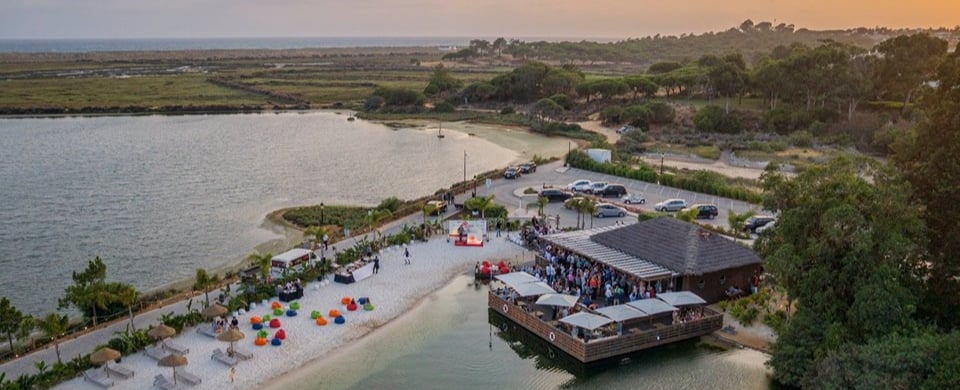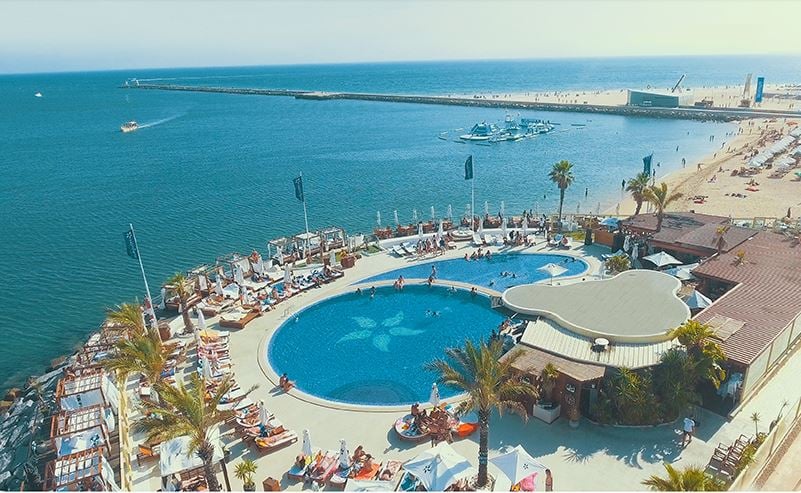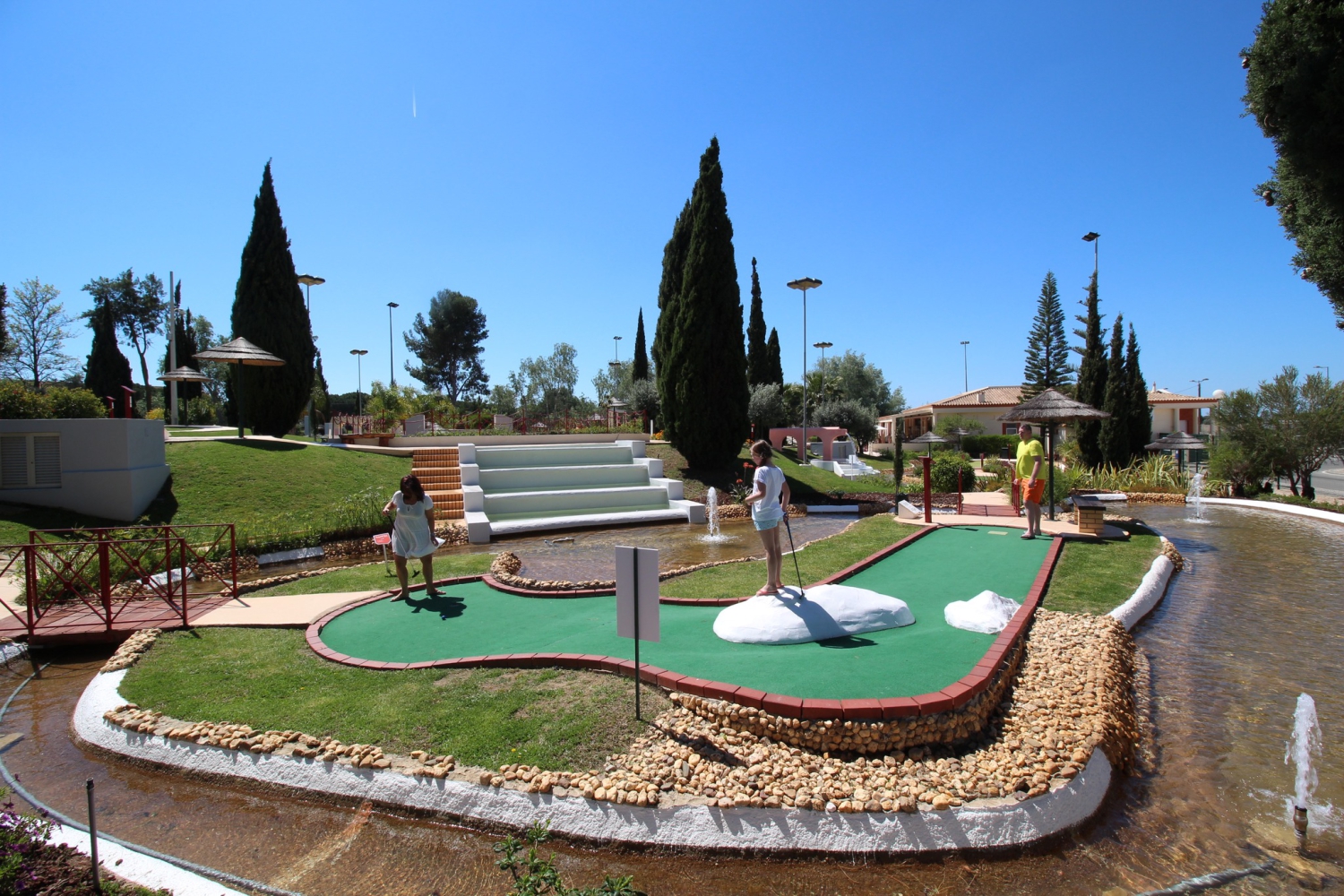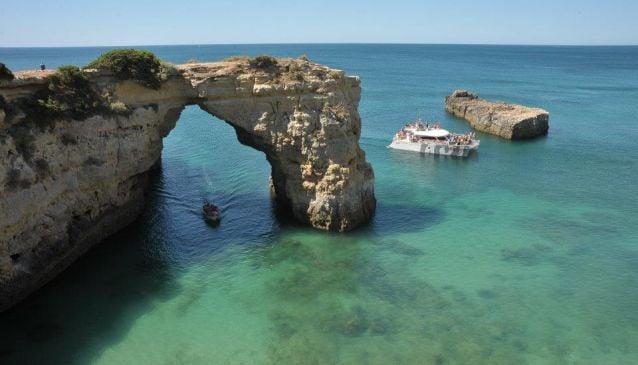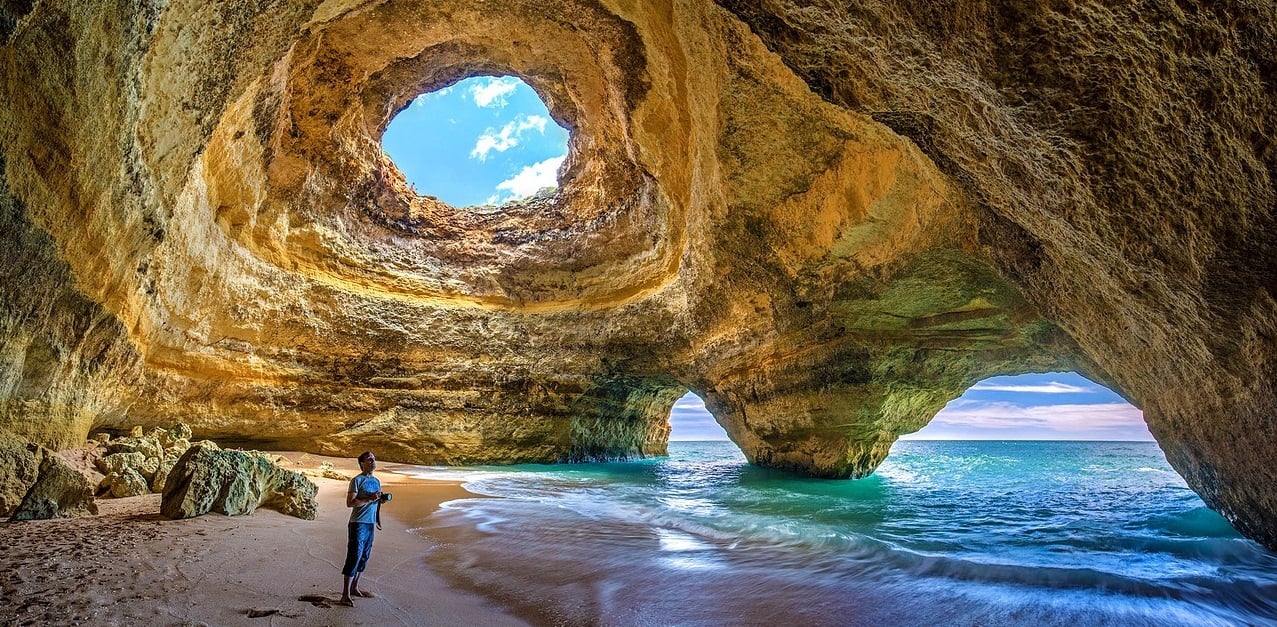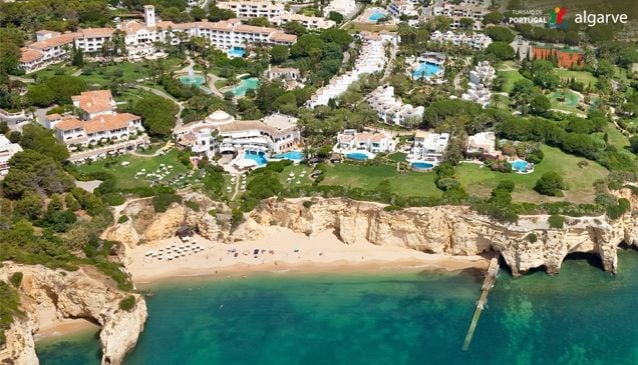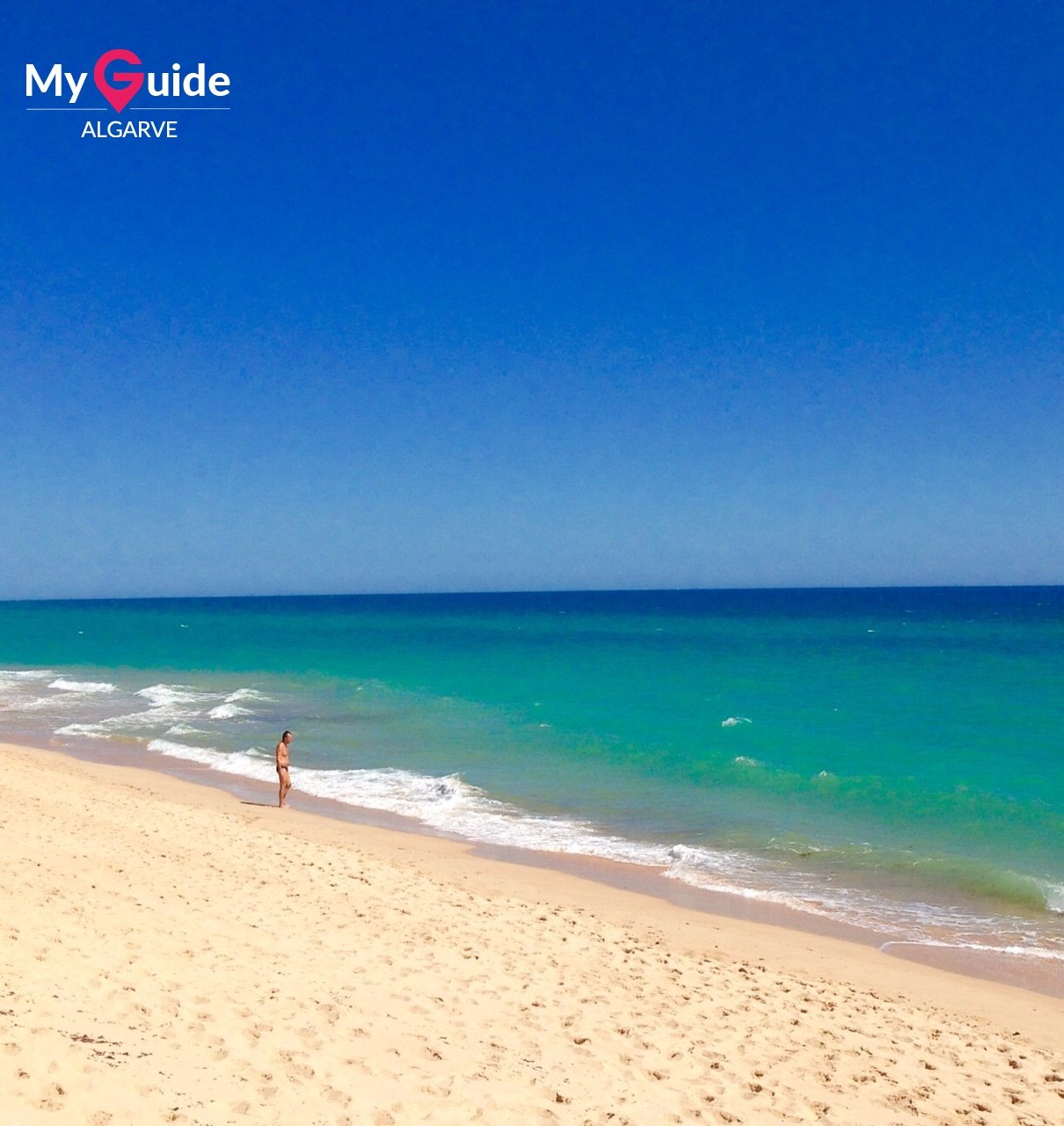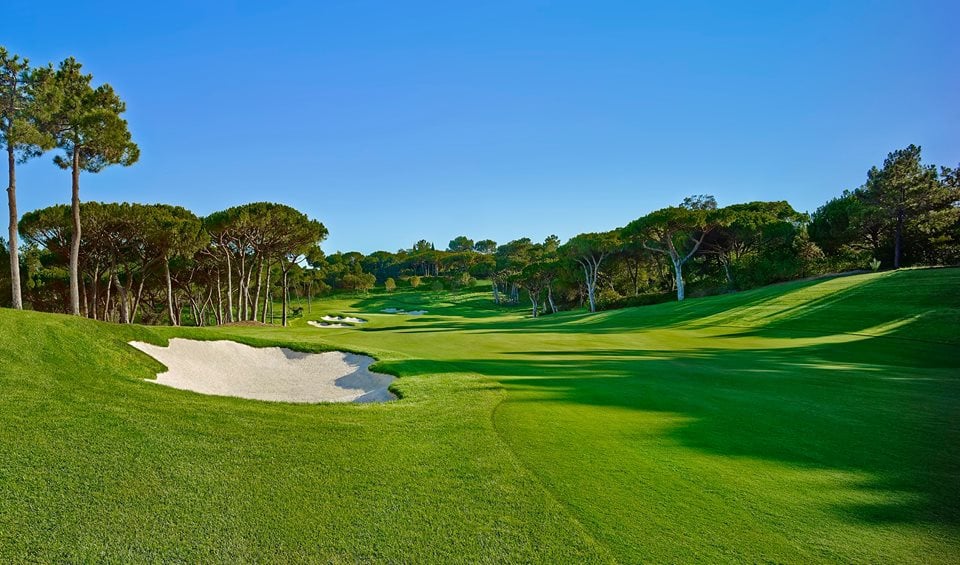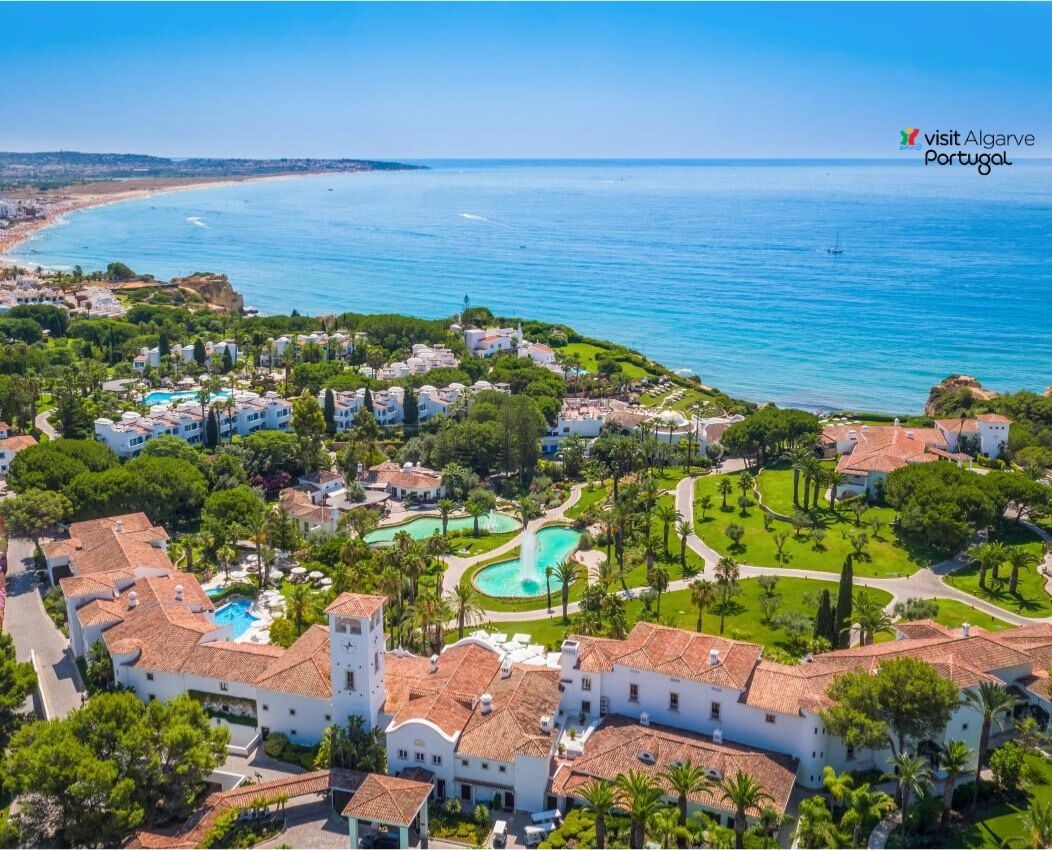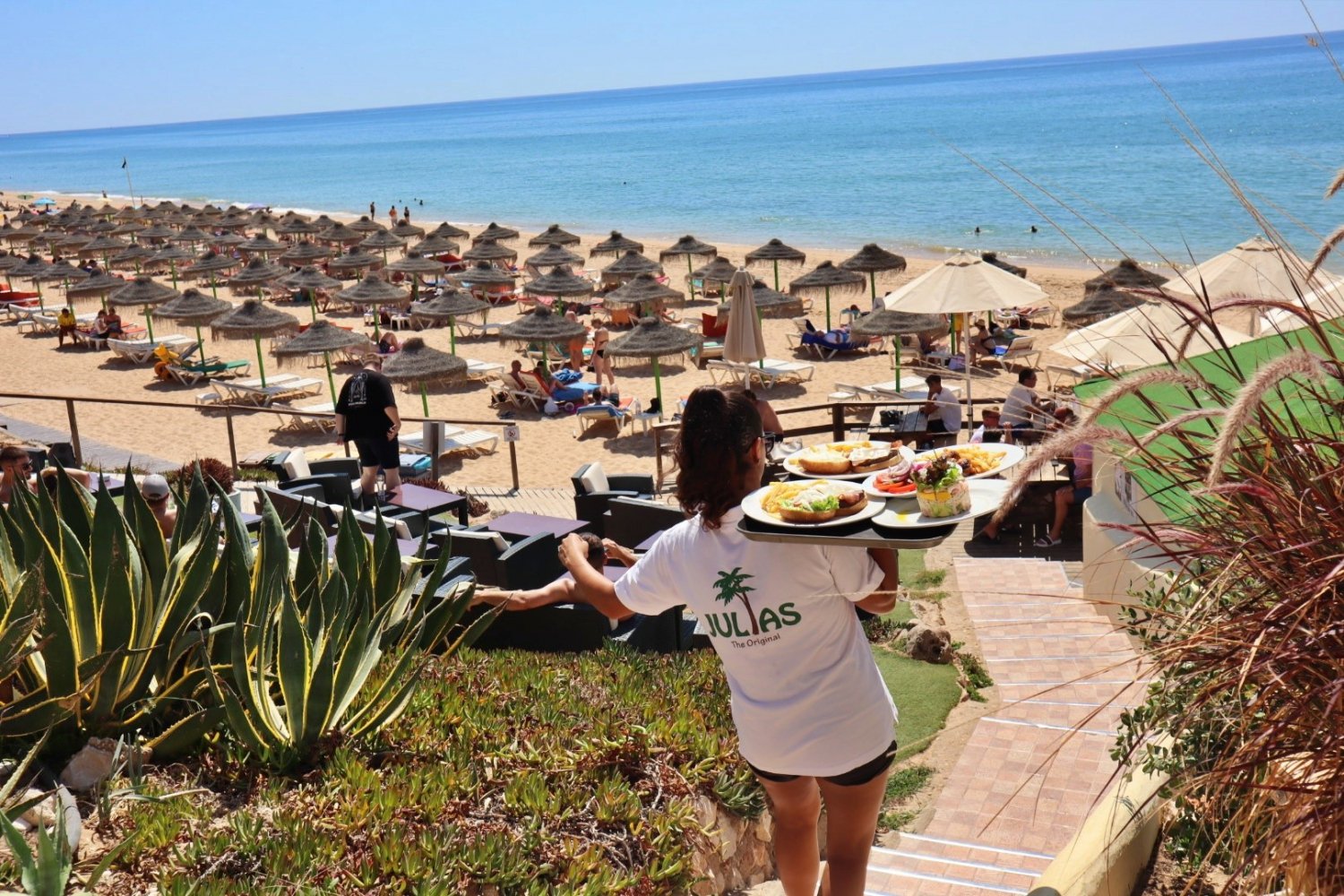A Simple Guide Property Taxes in Portugal
Book Top Experiences and Tours in Algarve:
If youʻre booking your trip to Algarve last minute, we have you covered. Below are some of the top tours and experiences!- Albufeira: 2.5-Hour Benagil Caves & Dolphin Watching
- From Albufeira: Half-Day Buggy Adventure Tour
- Albufeira: Half-Day Algarve Jeep Safari
- Eastern Portugal: Day Trip to Faro, Olhão, Tavira, & more
- Loulé: Quinta da Tôr Winery Guided Tour and Wine Tasting
When buying or owning property in Portugal, it's important to understand the various taxes that may apply. Whether you're a resident or non-resident, several taxes come into play during property transactions and ownership. If you are looking to buy or invest in property in Portugal, the information below collated by ONE Select Properties is a very important first step in understanding what taxes you should take into account.
ONE Select Properties, located in Quinta do Lago is an independent real estate agency that allies a thorough expertise in the luxury property market with a focus on its clients’ dreams, desires, lifestyle and investment objectives. With decades of experience in the Algarve property market, their expertise allows them to drill down into the essential information that buyers and sellers need to know to ensure smooth property transactions and awareness of all fiscal obligations.
Below is ONE Select Properties’ guide to property taxes in Portugal. Consultation with a lawyer or accountant is recommended before entering into any transaction.
Property Transfer Tax (IMT - Imposto Municipal sobre as Transmissões de Imóveis)
Whenever a property is bought or sold, the Property Transfer Tax (IMT) must be paid before the final sale contract is signed. The amount of IMT depends on the property’s value, and it’s calculated based on either the purchase price or the property's taxable asset value (VPT), whichever is higher.
Here’s how IMT works:
- Properties worth over €1 million are taxed at a rate of 7.5%.
- Urban non-residential properties (like commercial buildings) and construction plots worth less than €1 million face a 6.5% tax.
- Rustic (agricultural) land has a lower IMT rate of 5%.
- If you're buying property through a share acquisition in a non-resident company, IMT doesn't apply.

Stamp Duty (Imposto de Selo)
In addition to IMT, you’ll also need to pay a stamp duty of 0.8% on the property’s sales price or VPT, whichever is higher. This must be paid before the final deed is signed.
Other costs to keep in mind include:
- Notary and registration fees, which vary depending on the property’s value.
- Legal fees, which typically range from 1% to 2% of the property’s price.
Municipal Property Tax (IMI - Imposto Municipal sobre Imóveis)
The Municipal Property Tax (IMI) is an annual tax on property owners, whether they are residents or non-residents. IMI is calculated based on the property’s fiscal value, which is determined by the local authorities.
- For urban properties, the IMI rate ranges between 0.3% and 0.5%.
- For rustic land, it can be up to 0.8%.
IMI is paid annually, often in two or three instalments, depending on the total amount owed.
Additional Municipal Property Tax (AIMI - Adicional ao Imposto Municipal sobre Imóveis)
On top of IMI, some property owners may also need to pay the Additional Municipal Property Tax (AIMI). This tax applies to individuals or companies who own urban properties exceeding certain value thresholds:
- For individuals, the tax applies only if the total property value exceeds €600,000 for single owners or €1.2 million for couples.
- The AIMI tax rate for individuals ranges from 0.7% to 1.5%, on the portion of the property value exceeding the threshold.
- For companies, AIMI is set at 0.4% on the total value of their urban properties.

Capital Gains Tax (Mais Valias)
When you sell a property, capital gains tax is levied on the difference between the purchase price and the selling price. However, there are some deductions, such as the cost of structural refurbishment, notary fees, registration costs, and estate agency fees.
- For non-residents, capital gains are taxed at 28%.
- For residents, 50% of the capital gain is exempt, with the remaining 50% taxed as part of your annual income. Residents may also be exempt from capital gains tax if they reinvest the proceeds from selling their main home into another primary residence within the European Union or the European Economic Area within 24 months.
- Companies are subject to a flat 25% capital gains tax.
Inheritance and Gift Tax (Imposto sobre Sucessões e Doações)
Portugal, unlike some other European countries does not have a distinct inheritance tax. Certain exemptions apply, especially for close family members like spouses, descendants (children and grandchildren), and ascendants (parents and grandparents), who are not required to pay tax on inherited assets. This framework aims to ensure that wealth can be passed to generations without significant tax burdens.
For those who are not exempt, the stamp duty of 10% applies to the market value of the assets, including real estate, cash, securities, and other valuables. The responsibility for paying this tax usually falls on the person receiving the inheritance or gift.
While spouses and descendants are exempt from this tax, non-exempt beneficiaries must report the assets to Portuguese tax authorities to avoid penalties.
Tax planning can help minimize the impact of inheritance and gift taxes. Many individuals choose to structure their estates using trusts, life insurance policies, or lifetime gifting strategies. Given the complexity of these regulations, seeking professional advice is recommended to ensure compliance and effective tax management.
See the original article on property tax by ONE Select Properties.
















